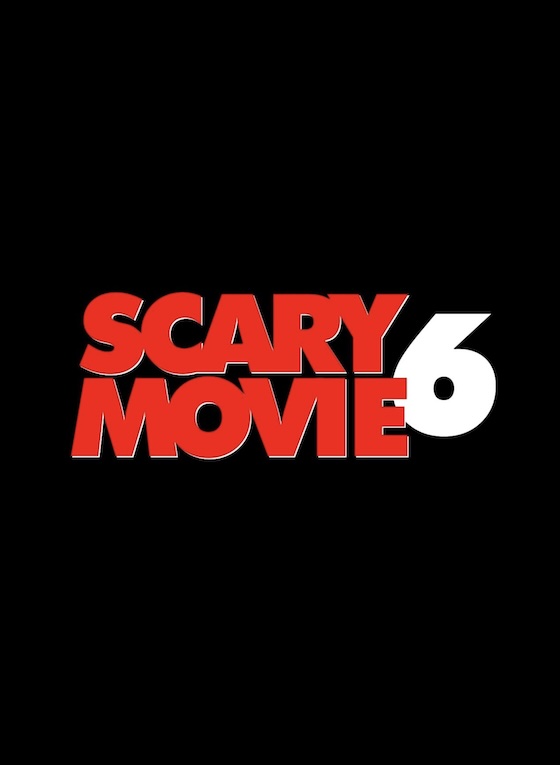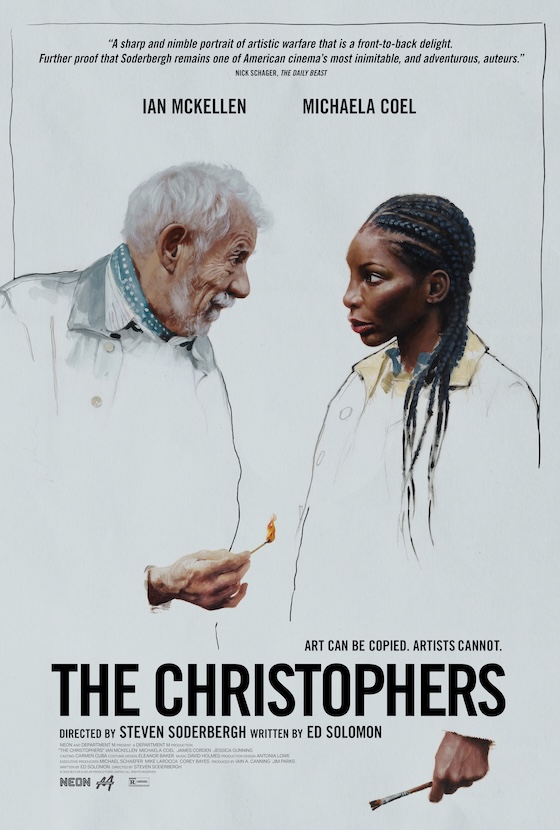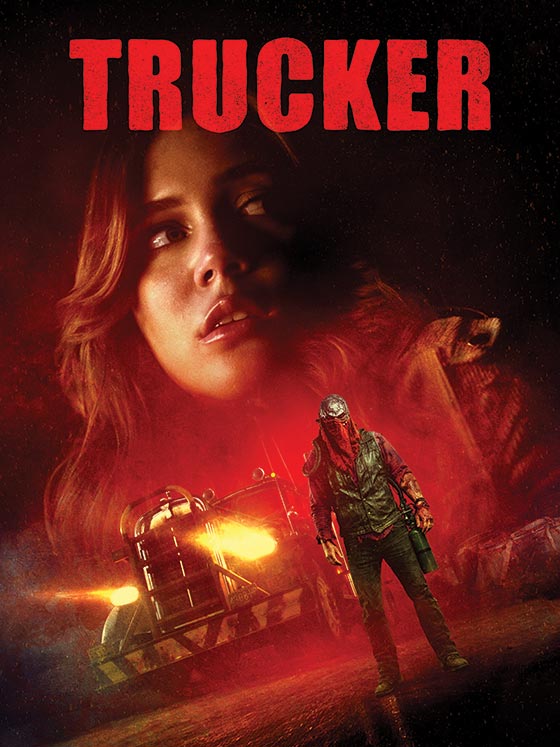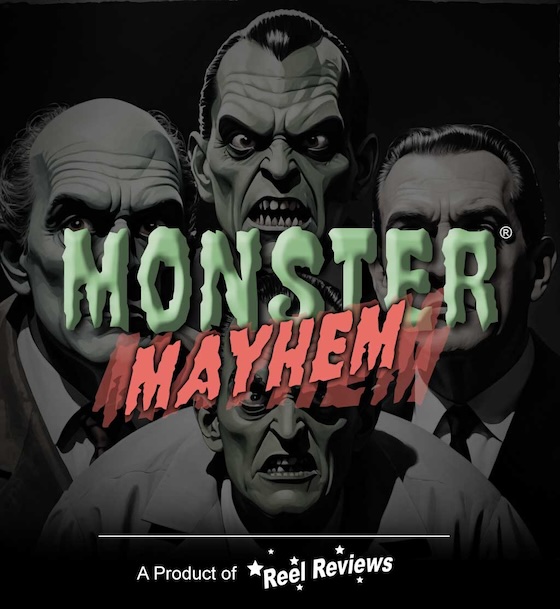![]()
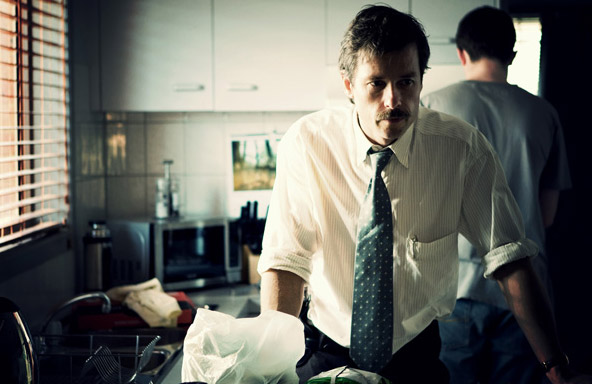
|
Animal Kingdom opens with a scene as deceptively harrowing as anything you’ll see on film this year. Innocent, 17-year-old Joshua Cody (James Frecheville), known as “J,” is seated on his couch; head leaned back, eyes hollow, watching the Australian version of Deal or No Deal. Saying nothing. Next to him is the lifeless body of his mother; head leaned back, dead from an apparent heroin overdose. As the paramedics remove her body from the house, J meekly steps to the side, hardly taking his eyes off the television program.
It’s this kind of slow, meticulous visual language that characterizes Australian filmmaker David Michôd’s directorial debut. He says more with the camera, mood, framing, and editing than with dialogue. And that’s one of the film’s greatest achievements: it builds an unsettling sense of strangeness and anxiety with what we see, rather than from what we hear - an art lost on many filmmakers, especially first-timers.
With nowhere to turn after his mother’s death, J moves in with his estranged grandmother, Mama Smurf, (veteran Australian actress, Jackie Weaver) who hovers over her toxic brood of ne’er-do-well sons like a modern-day Ma Barker.
We soon learn that J’s new housemates consist of tweaker cousins Craig, Barry and Darren, and dangerous outlaw-on-the lam, Uncle “Pope” (Ben Mendelsohn) whose attempts to rally the clan and settle some old scores may end with disastrous results. They’re all involved, to varying degrees, in Melbourne’s underground crime syndicate - whether it be drug dealing, murder, bank-robbery or petty theft. But the most dangerous of the lot might be Mama Smurf herself, whose external expression of love for her boys (by kissing on the lips… long and often), hints at a troubling sense of maternal instinct that just can’t be healthy for the long-term well being of the lawless clan. Her faux naivety makes us squirm in our seats, having us believe she doesn’t know what’s going on, when she actually knows exactly what’s happening.
We realize it’s only a matter of time before “the family” sinks its dirty fangs into the impressionable young J, as they fear he may be cooperating with the cops. Perched precariously between family loyalty and his own instincts of self-preservation, J becomes the audience’s only sense of virtue in an oppressive sea of evil and corruption. We want to shield the kid who may not realize he’s out of place in a world that could really hurt him.
It’s crucial that newcomer Frecheville be able to hold his own amongst the ensemble cast of veteran actors with such weighty roles. He does, and the film soars because of it. His J successfully navigates his way amongst an explosive criminal family and the detective (Guy Pearce) who may be the only person who can save him.
Animal Kingdom is a multi-layered Australian crime story – not unlike a Greek tragedy – that takes its sweet time roiling to a frothy, violent head. Its deliberate pacing is more potential energy than kinetic, and reminds us of a Polanski slow burn. It builds and builds towards a revelatory climax that marks J’s transition from pray to predator.

